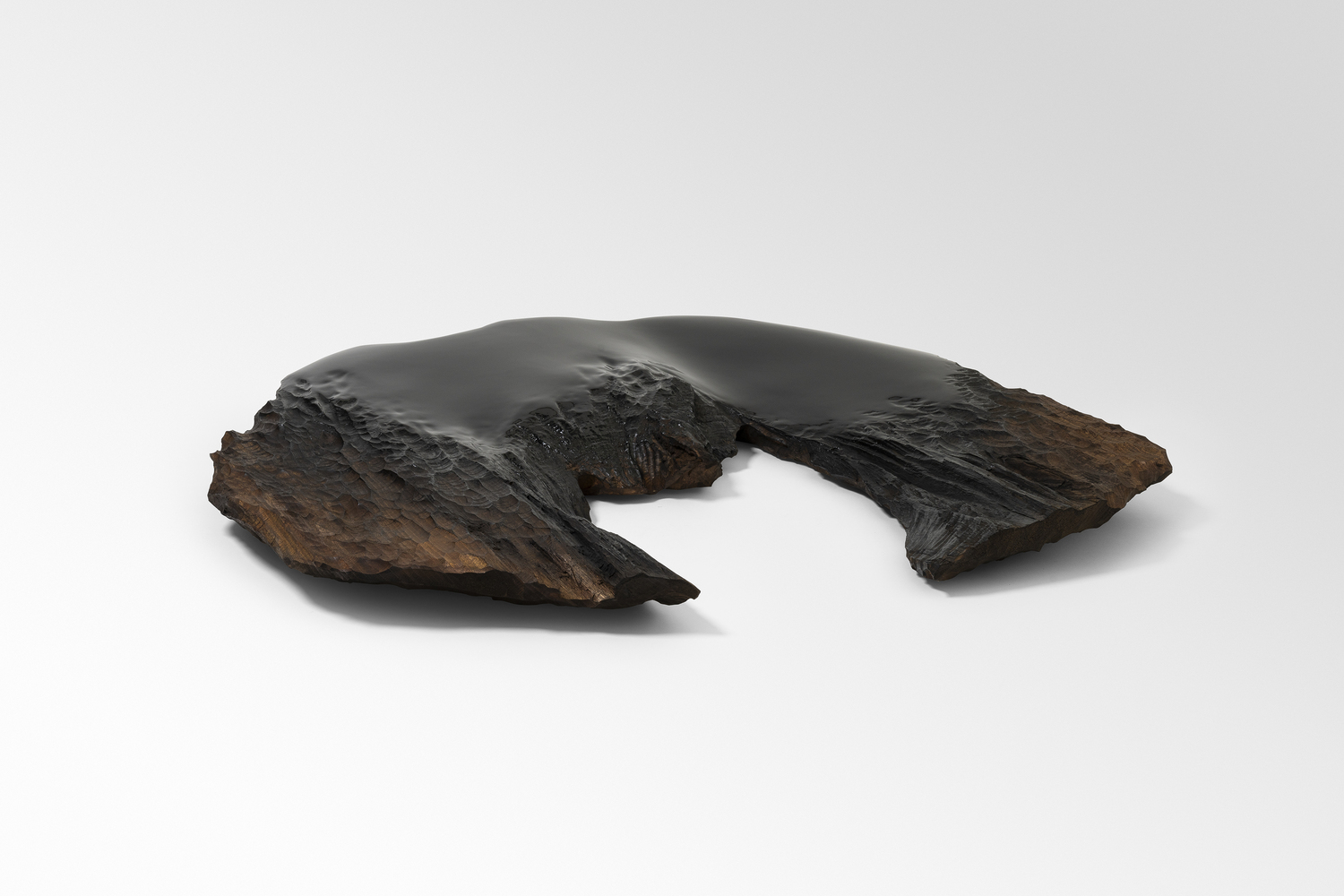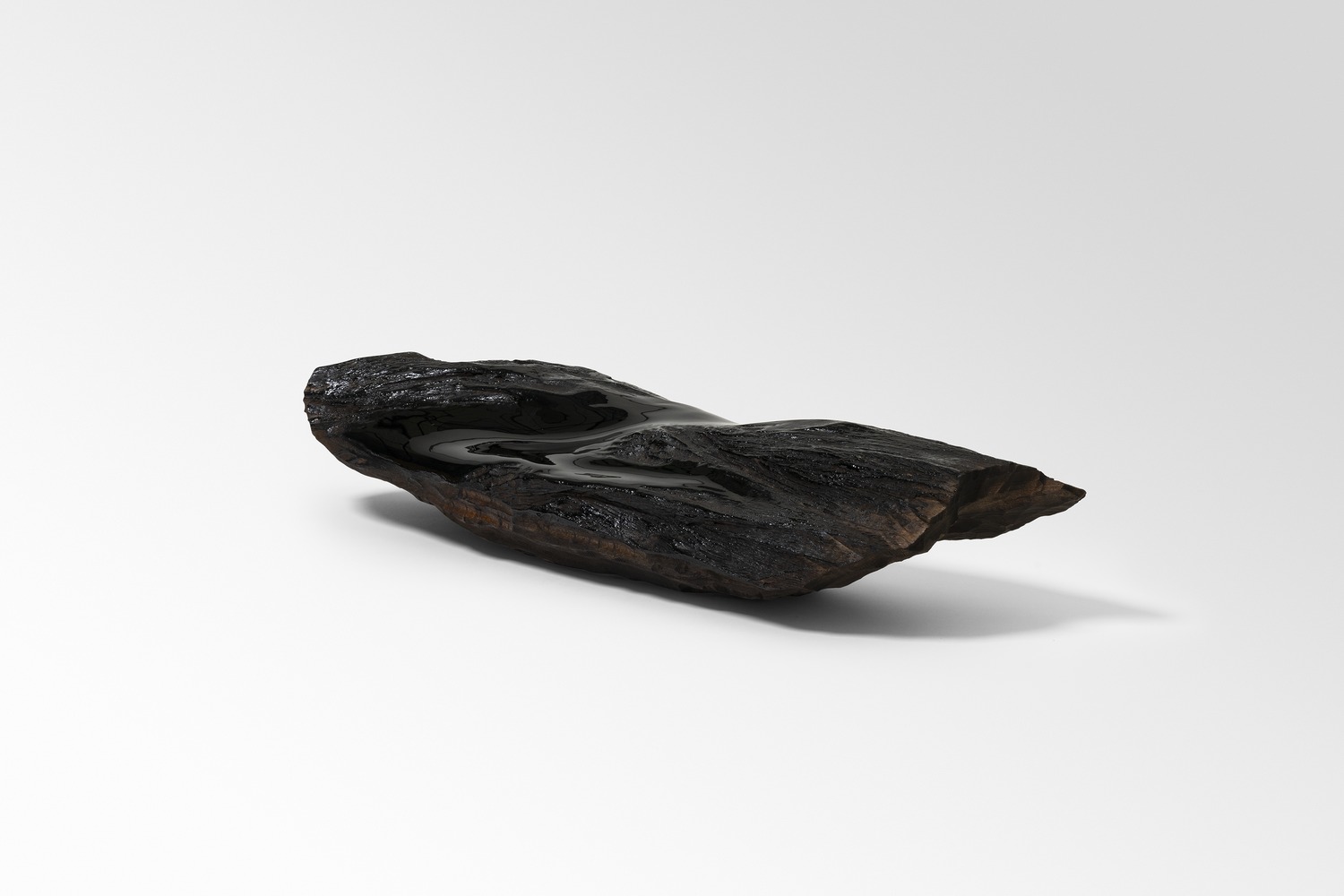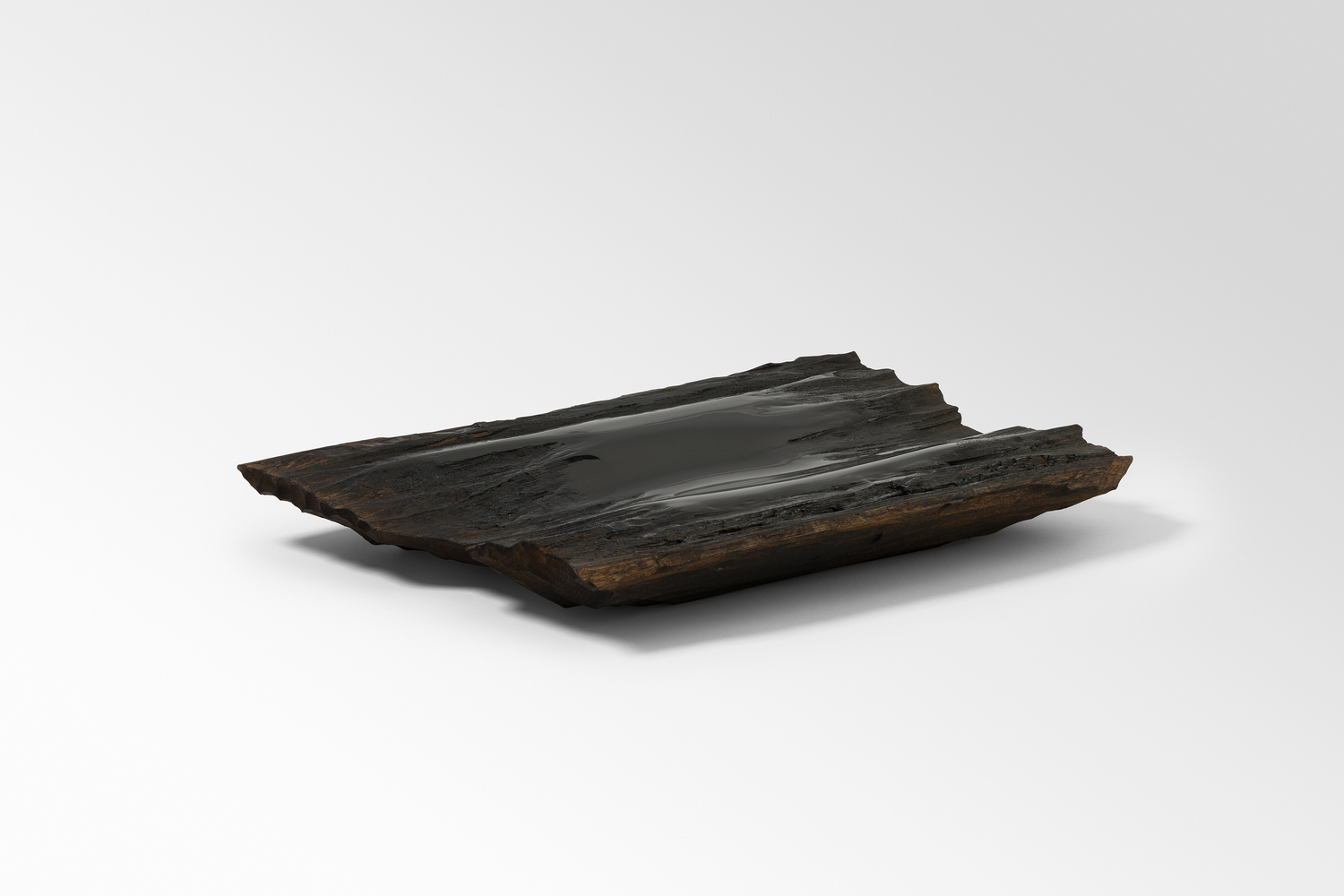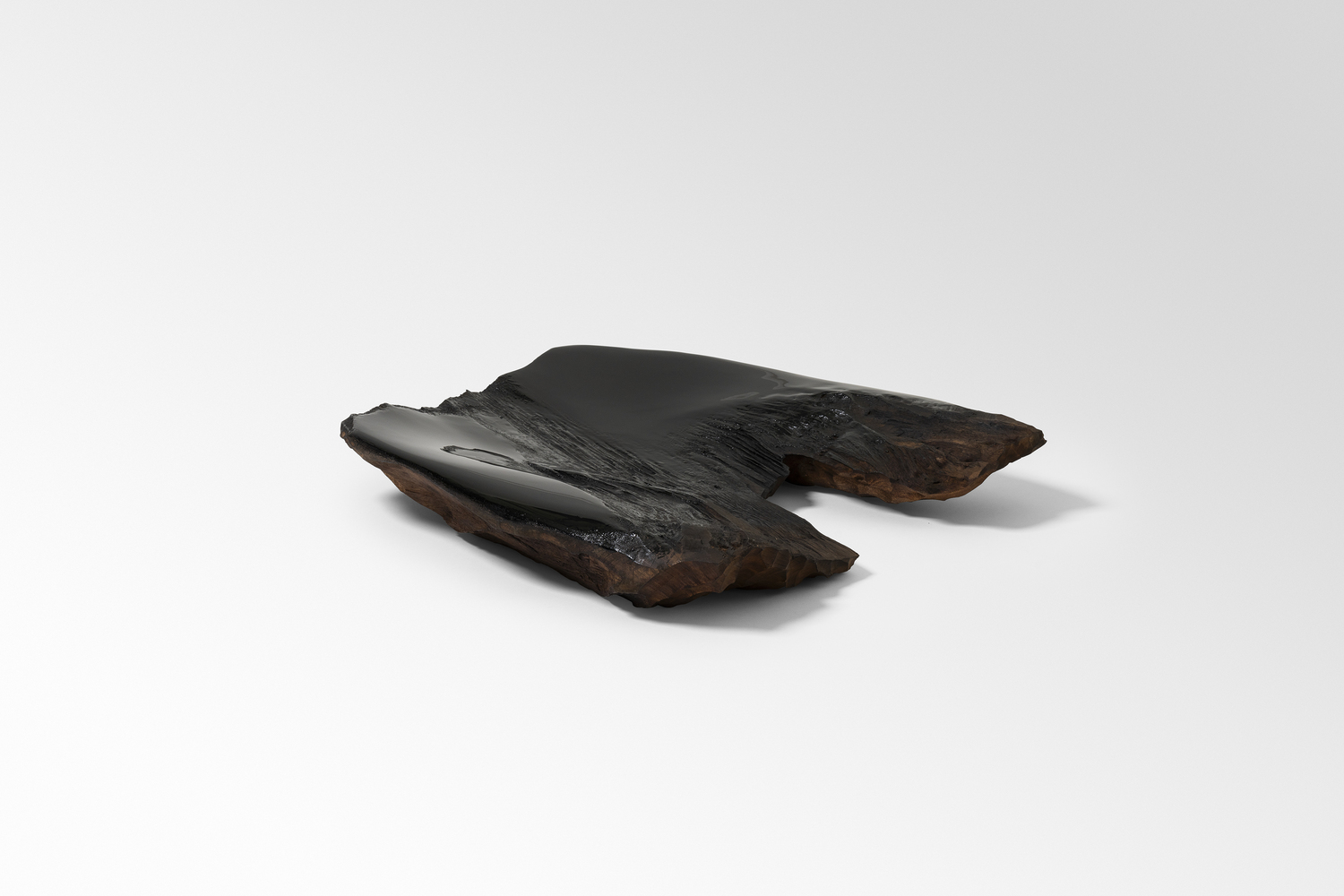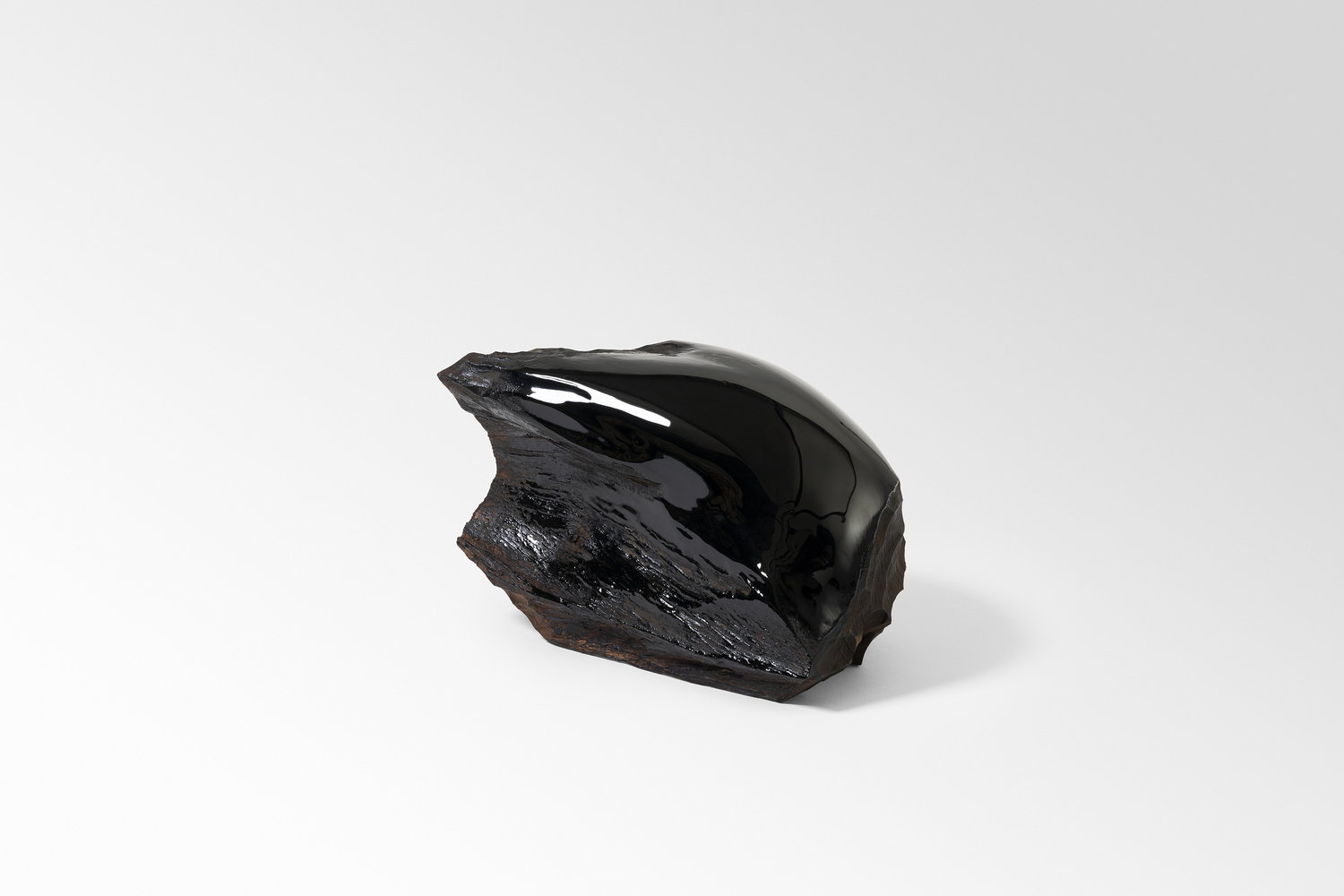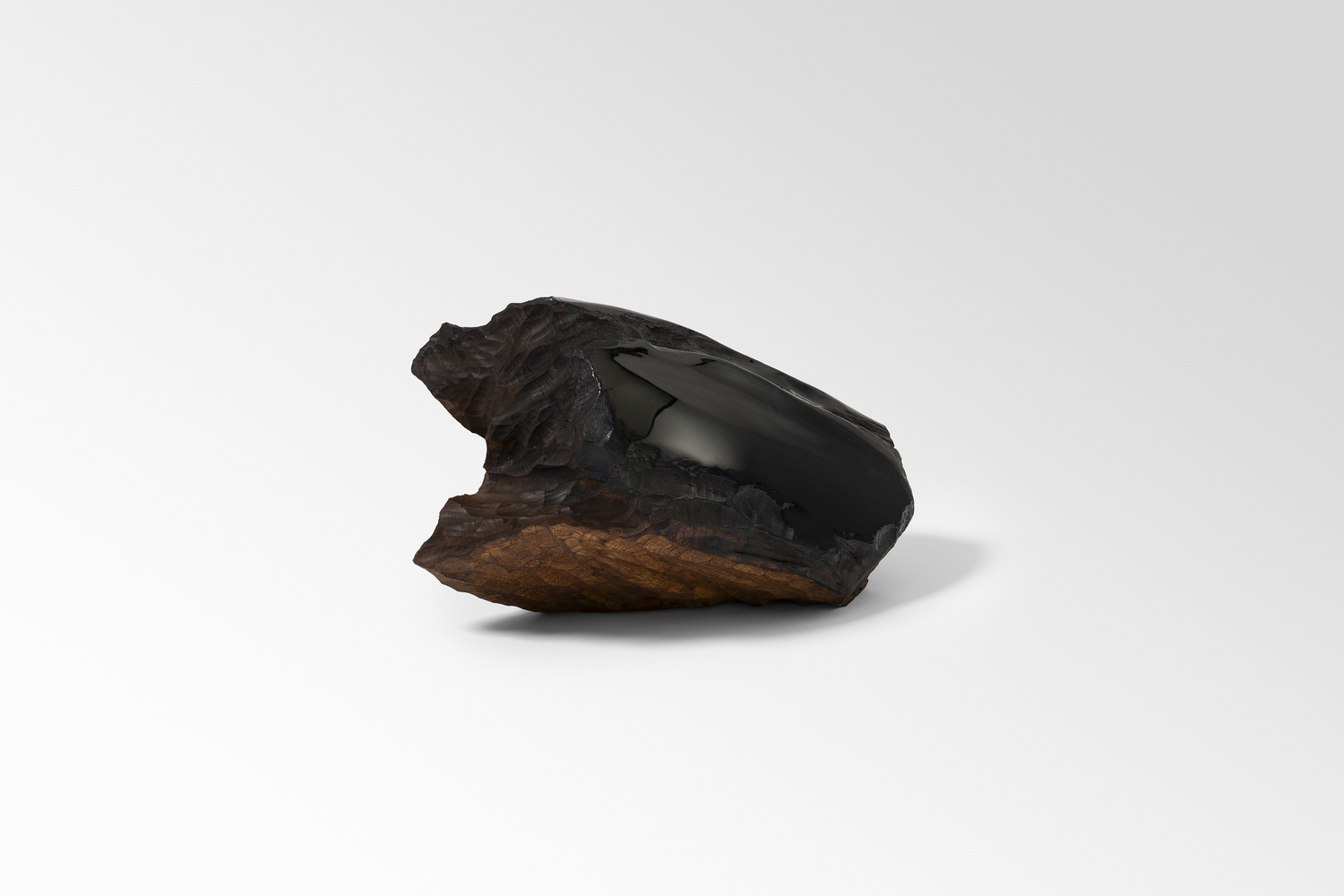Kohei Ukai

Kohei Ukai
Pierre Marie Giraud is pleased to present a solo exhibition dedicated to Kohei Ukai, a young and talented Japanese artist specializing in wood and lacquer sculpture. The exhibition will take place from Thursday, November 7th, to Saturday, December 7th, 2024, at our gallery in Brussels. This exhibition will highlight the unique artistry and craftsmanship of Ukai, showcasing his innovative approach to traditional Japanese techniques.
Born in 1993 in Aichi, Japan, Kohei Ukai currently lives and works in Kanazawa, a city renowned for its rich tradition in crafts and designated as a City of Crafts and Folk Art by UNESCO. Ukai pursued his education in wood and lacquer work at the Kanazawa College of Art, where he completed both his bachelor's and master's degrees before continuing his training at the Kanazawa Utatsuyama Craft Studio. His work has been exhibited in solo and group shows across Japan and China and has gained recognition internationally, notably as a finalist in the prestigious Loewe Foundation Craft Prize in 2020.
Kohei Ukai’s work is rooted in the natural relationship between wood and Urushi, a traditional Japanese lacquer derived from tree sap. His artistic process involves carving along the natural grain of the wood, allowing the material to guide the form of the sculpture. The lacquer is applied in multiple layers, both covering and revealing the wood, creating a dynamic interplay between the raw and the refined. Through his technique, Ukai seeks to celebrate the inherent vitality and primitive power of the materials, while also paying homage to the natural world.
Ukai’s sculptures are expressions of organic beauty and intuitive craftsmanship. By leaving parts of the wood exposed while others are enveloped in lacquer, he captures a moment of balance between the artist’s intention and the tree’s natural assertion. The result is a series of works that evoke a sense of movement and energy, as if the natural flow of the wood continues to resonate within the finished piece. His innovative style transcends traditional craft, offering a contemporary reinterpretation of ancient techniques.
